Legendary bookmaker Fitzdares opens doors to a new members club
The gentleman gambler has been a fixture of British high society since the dawn of the 18th century’s ‘Enlightenment’ period. This ‘Age of Reason’ saw incredible advancements in the schools of medicine, philosophy and the sciences and an incredulously outlandish rise in games of skill and chance across the country.
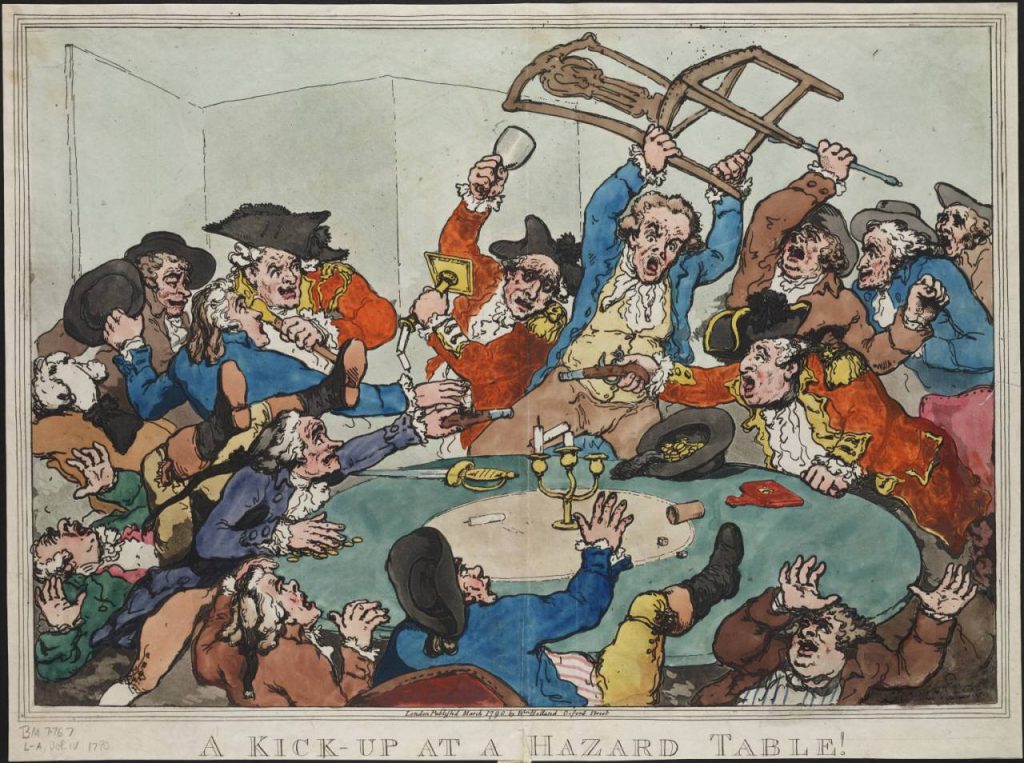
The epicentres were the gentlemen’s clubs of St James and Mayfair. White’s, Brooks’s and others played host to increasing one-up-manship on games such as bridge, hazard and whist as well as eccentric (and undoubtedly drunken) wagers between members. Each club kept a wager-book (they continue this tradition today) where all bets were recorded – whether it was “Lord Cholmondeley betting Lord Derby 500 Gs that he could not have intercourse with a woman in a balloon one thousand yards from the Earth” – or the less light-hearted such as when a member at White’s challenged another to see if his manservant “could breathe unaided underwater for 12 hours” (he couldn’t – and drowned).
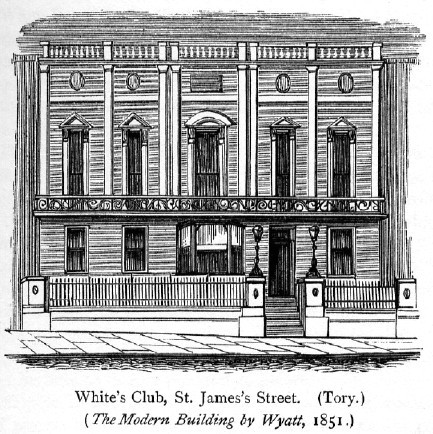
Fortunately, the world has progressed since then and gambling has moved from an unbridled debauched activity involving murder and sexual trists in balloons to a more refined leisure experience for the affluent gentlewomen and men of today. And for the avid gambler there is no more refined a place than Fitzdares on Davies Street – a new private member’s club from the much lauded London bookmaker (an institution since 1882).
Designed by Rosanna Bossom of 5 Hertford Street fame this wonderful new addition to the Mayfair landscape will allow members to enjoy betting and sport in sumptuous surroundings 6 days a week. Complete with a killer combination of winning wine, bar and dining menus (with the former led by Dom Jacobs – previously of Michelin-starred Sketch); Fitzdares is sure to become a stop de rigueur for gamblers and bon vivants alike.
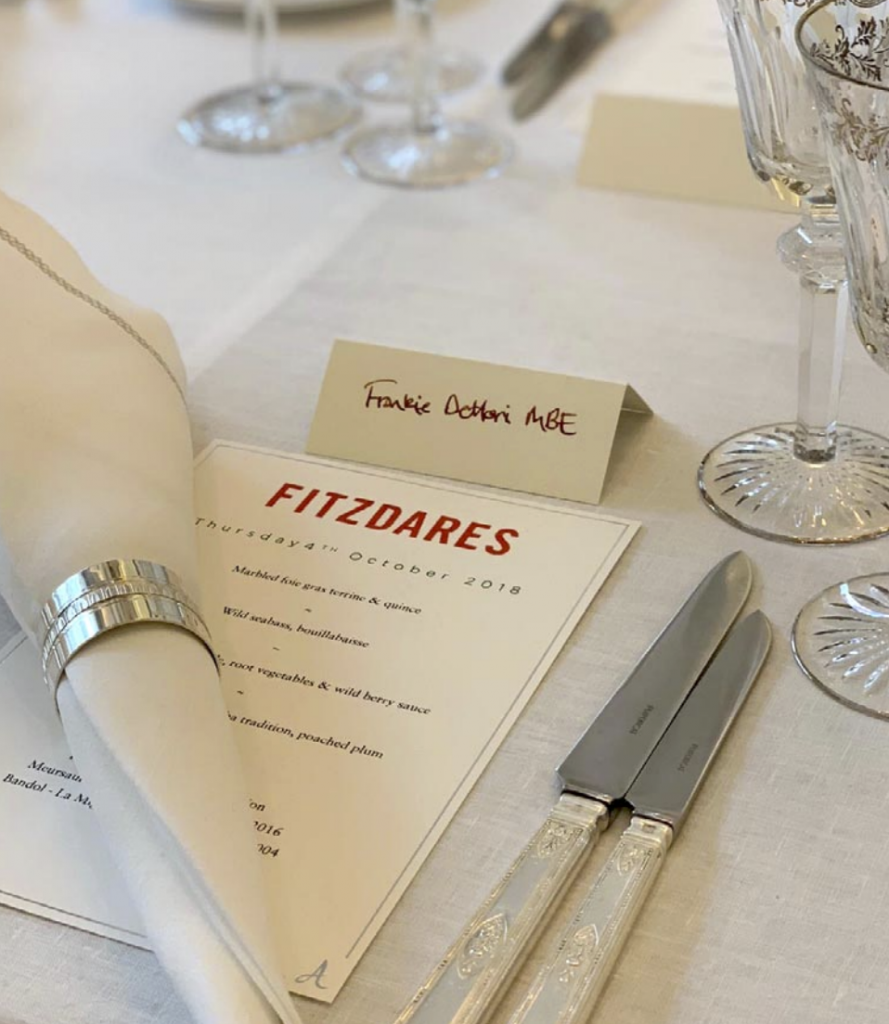
Members will also enjoy bottles of rare claret opened daily as well as talks by sport stars and pundits. For those looking to take a break from sport, there are poker tables and backgammon sets available at any time.
With such an incredible offer on the cards, we cannot wait to indulge our inner gambler come their opening on September 1st….
Whilst we wait for Fitzdares to open doors, we look back to some of the most outlandish British gamblers in history (perhaps they may also serve as a cautionary tale to not overindulge):
The Earl Of Sandwich
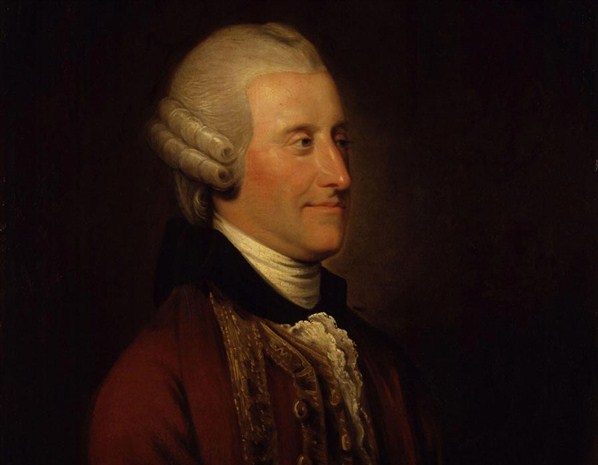
John Montagu, the 4th Earl of Sandwich was not just a culinary innovator, he was a prolific politician, government advisor – and an insatiable gambler. Such was his dedication to gambling that he would refuse to stop even to eat, instead summoning his butler for “a piece of beef between two slices of bread” to keep his energy up throughout a winning hand. Luckily for us, this trend caught on with his fellow gambling chums who called out to their own butlers for “the same as Sandwich” – thus giving us the world’s most popular food.
Joseph Jagger
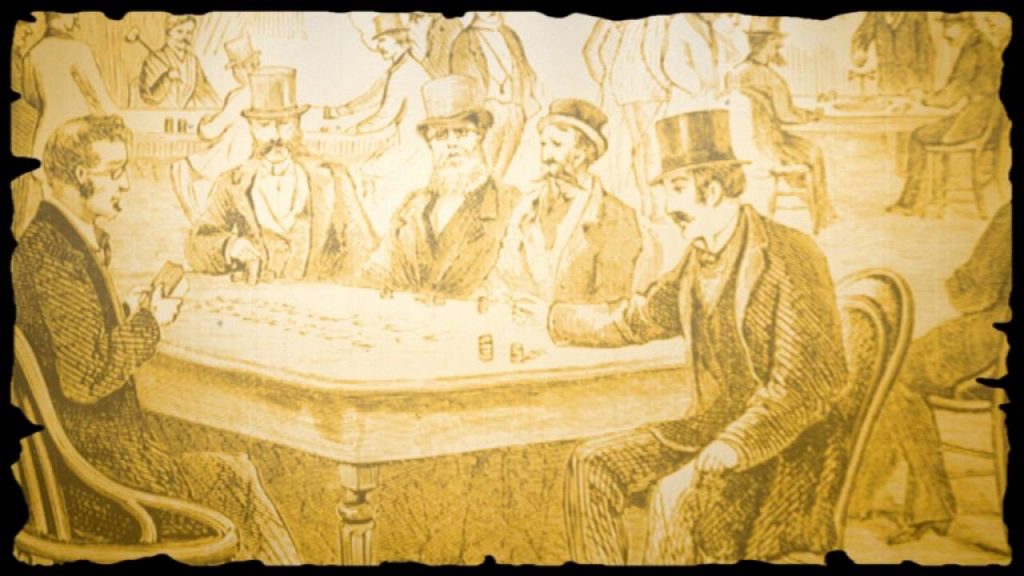
Of no relation to the wiry lead singer of the Rolling Stones, this former textile worker made a fortune playing in casinos in the late 19th century. Desperate to claw his way out of debt and inevitable poverty, Jagger left Yorkshire with his son and nephew for the sunny coasts of Monte Carlo with the last of his cash. Once there, Joseph and the boys studied the patterns of roulette wheels and used their knowledge of the asymmetry of spinning wheels learned from Jagger’s time in textiles to give them a winning edge.
Meticulously betting all he had, Jagger began to win so much that he eventually emptied the casino’s vaults – walking out with the equivalent of almost eight million pounds. He returned victorious to Yorkshire, buying a stately home and living lavishly for the rest of his days.
Charles James Fox
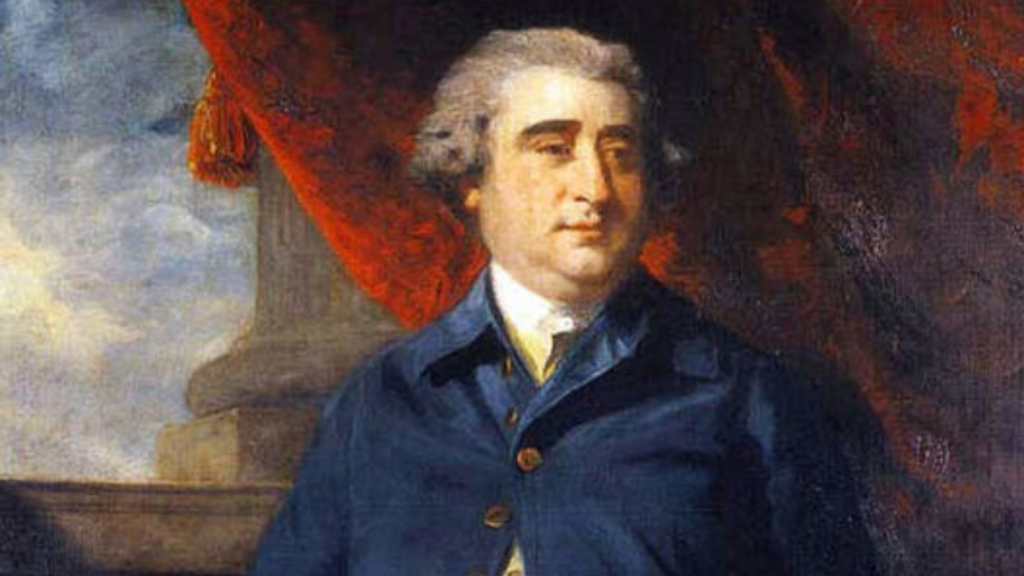
A true gentleman of the Enlightenment, this famous statesman was known for his political prowess, eloquent writings, powerful speeches and his somewhat controversial support of a republican Europe. However, where he thrived in the realms of polite society he also relished in its pleasures; acquiring a reputation for over-indulging in “wine, women and wagers”. He was once quoted as saying that “his greatest pleasure in life was winning in games of chance, and the second greatest was losing in games of chance.” He died in his prime at the age of 57 and left behind a sizeable amount of gambling debts to his heirs.
UP NEXT: Champagne sets roots in the UK…


